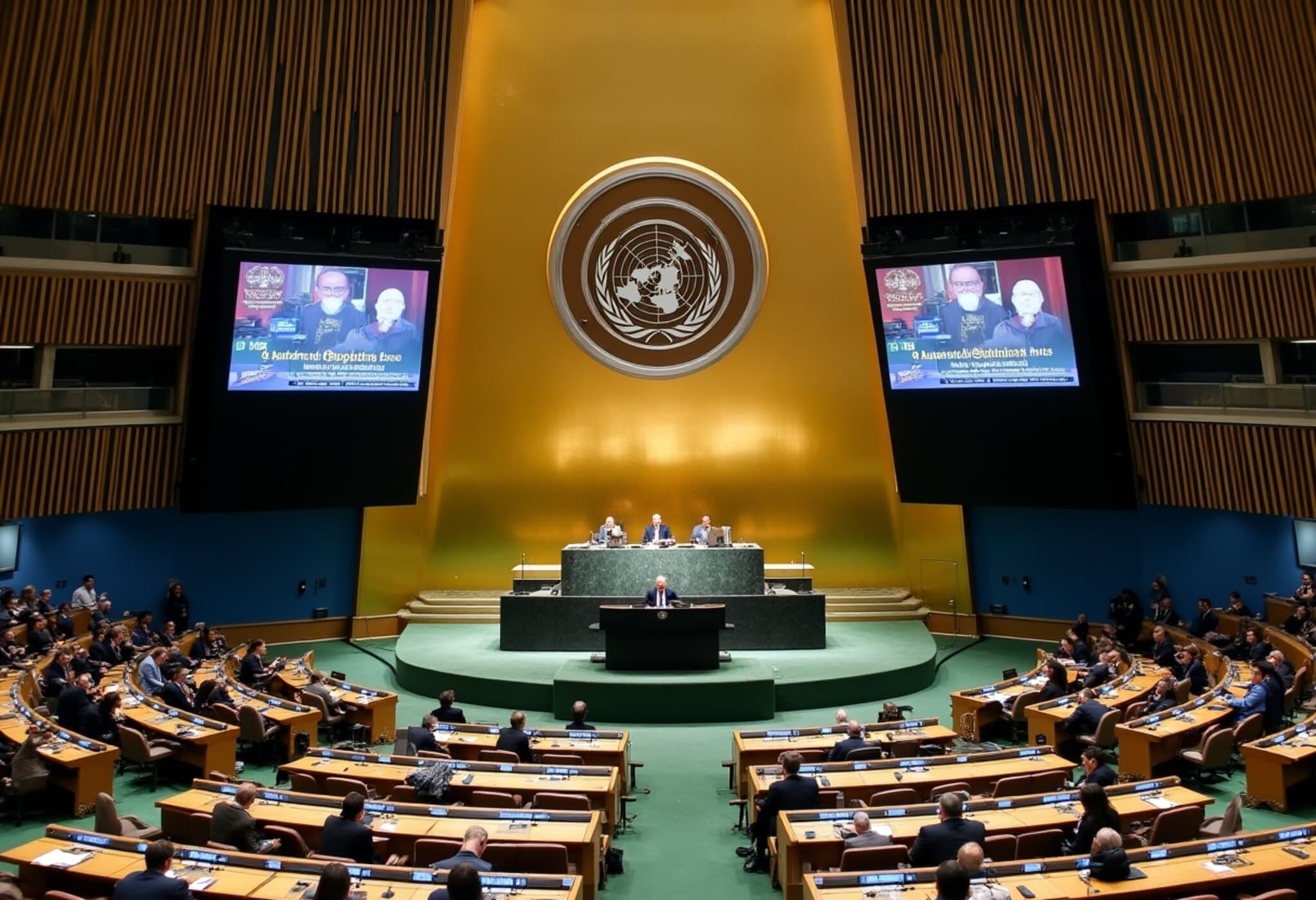From Corporate Marketing to Viral Content Creator: Pooja Tripathi’s Unconventional Journey
In 2018, Pooja Tripathi made a bold decision that changed the trajectory of her career and her life. In the middle of a tense meeting, after enduring years of workplace toxicity in the fashion industry, Tripathi abruptly quit her corporate marketing job — a turning point that eventually led her to earn twice as much and find genuine happiness in her new career as a comedian and content creator.
The Breaking Point: Leaving the Fashion Industry Behind
After five years in fashion marketing, Tripathi found herself battling not only a demanding work environment but also a toxic boss who publicly berated her during work meetings. "Having a job that everyone thinks sounds cool but feeling like you can't accomplish anything meaningful day-to-day is a heavy burden," she reflects. That moment of personal insult in front of colleagues was the last straw.
She walked away from a mid-five-figure salary, leaving behind a sector known for glamor but also for high-pressure and often unforgiving dynamics. Tripathi admits, “It felt like I was living a lie, pretending to be something I’m not, for the sake of a job.”
Creating Brooklyn Coffee Shop: Humor Meets Authenticity
Fast forward to June 2023, Tripathi launched Brooklyn Coffee Shop, a web series that has since captivated millions. Portraying a dry, indifferent barista interacting with caricatures of Brooklyn’s eclectic clientele—ranging from Pilates instructors to crypto enthusiasts—she taps into the quirks and absurdities of urban life. Some episodes have amassed over 3 million views on TikTok and Instagram.
What makes the series stand out is its sharp wit and relatable satire on niche coffee culture, including mock orders of unsweetened collagen lattes with unpasteurized goat's milk—a comedic nod to current health trends and millennials' obsession with authenticity.
The Business of Being a Creator: Risks, Sacrifices, and Rewards
Tripathi’s journey was far from overnight success. She had no formal training in comedy or acting when she left her corporate job. To sustain herself financially, she took on multiple part-time marketing gigs and even shared her New York one-bedroom apartment with a roommate to make ends meet.
"I had a very clear goal: secure another paycheck," she admits. Parental reminders about losing health insurance after turning 26 added a layer of anxiety familiar to many Americans facing precarious job security and healthcare concerns.
Balancing these pressures took a toll, but Tripathi found solace and creative spark while discussing alternative dairy products with a barista friend. She translated that casual chat into a home-filmed scene with an iPhone and a makeshift greenscreen—an inspired self-produced debut that garnered over a million views.
Building a Collaborative Production and Expanding the Brand
Today, the production quality of Brooklyn Coffee Shop rivals that of small studios. Tripathi collaborates closely with her boyfriend, Sagi Shahar, focusing on sound design. A team of friends assists with direction, cinematography, and even special effects—like the playful inclusion of overly generous digital tip kiosks. Guest appearances by comedians such as Kyle Gordon and Grace Reiter enrich the series, adding layers of comic flair.
Tripathi emphasizes the joy of teamwork: "We can only do what we do because everyone is exceptionally talented and works in sync. The collaboration has been the most rewarding aspect of my career so far."
Why Tripathi’s Story Resonates
- Authenticity over security: She chose personal fulfillment and creative freedom over a stable but stifling corporate job.
- The power of content creation: Her work illustrates how digital platforms can democratize creativity, allowing new voices to reach massive audiences.
- Economic realities: The story highlights common financial and healthcare anxieties Americans face when contemplating major career shifts.
- Community and collaboration: Success in digital content often hinges on a network of creators and technical experts working behind the scenes.
Editor’s Note
Pooja Tripathi’s leap from corporate marketing to viral comedian underscores a larger cultural shift toward valuing meaningful work aligned with personal values. Her journey sparks important conversations about workplace toxicity, the sustainability of creative careers, and economic vulnerability in America’s gig economy. As digital platforms evolve, stories like hers demonstrate that risk-taking—backed by community and tenacity—can transform passion into prosperity.
For professionals feeling stuck or undervalued, Tripathi’s experience offers both inspiration and caution: the path is fraught with uncertainty, but authenticity can be a powerful catalyst for success.












